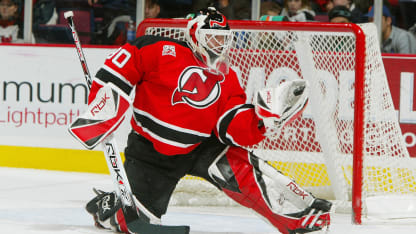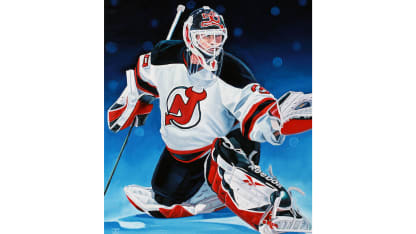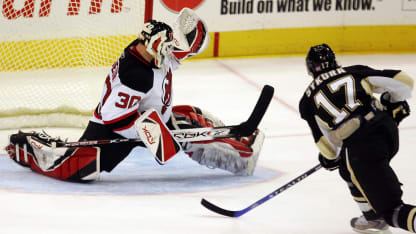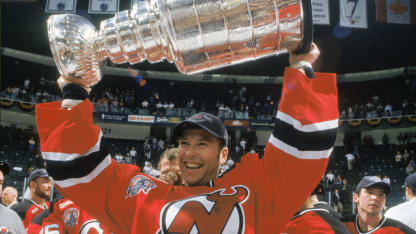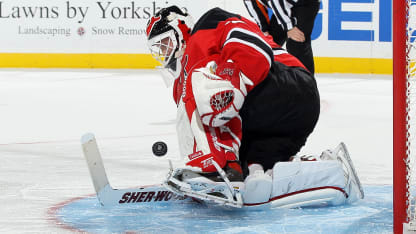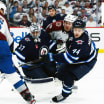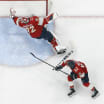Nicknames were nice, but instead of one, Brodeur heard a frequent chant from New Jersey Devils fans: "Mar-ty's bet-ter!"
While debates may rage forever about, say, which NHL goalie would be the best pick to start a franchise or which one would have the best chance to win a Game 7, if the NHL record book is your frame of reference, Martin Brodeur really was better.
No goalie has more wins (691), saves (28,928), or shutouts (125), or played more games (1,266). He was the youngest goalie to win 300 NHL games. And 400. And 500.
MARTIN BRODEUR CAREER TOTALS | View Full Stats
Games: 1,266 | Wins: 691 | Losses: 397 | Ties: 105 | GAA: 2.24
"Some of his records are Gretzky-like," said John MacLean, Brodeur's former Devils teammate and coach. "They're going to be hard to break."
He received a number of well-deserved honors, winning the Vezina Trophy (for best goaltender) four times and the Jennings Trophy -- awarded to the goaltender(s) on the team allowing the fewest goals -- five times. He made the NHL First All-Star Team four times and the Second All-Star Team three times, and won the Calder Trophy as the League's top rookie in 1993-94, when he nearly carried the Devils to the Stanley Cup Final. The next season, he helped make the Devils unlikely Cup champions.
Yes, he was more than just a standout regular-season performer. Brodeur's career playoff marks underscore how well he could elevate his game when it mattered most. His 113 playoff victories and 205 postseason games played rank second all-time to his boyhood idol, Patrick Roy. His 24 postseason shutouts are most all-time, one ahead of Roy.
